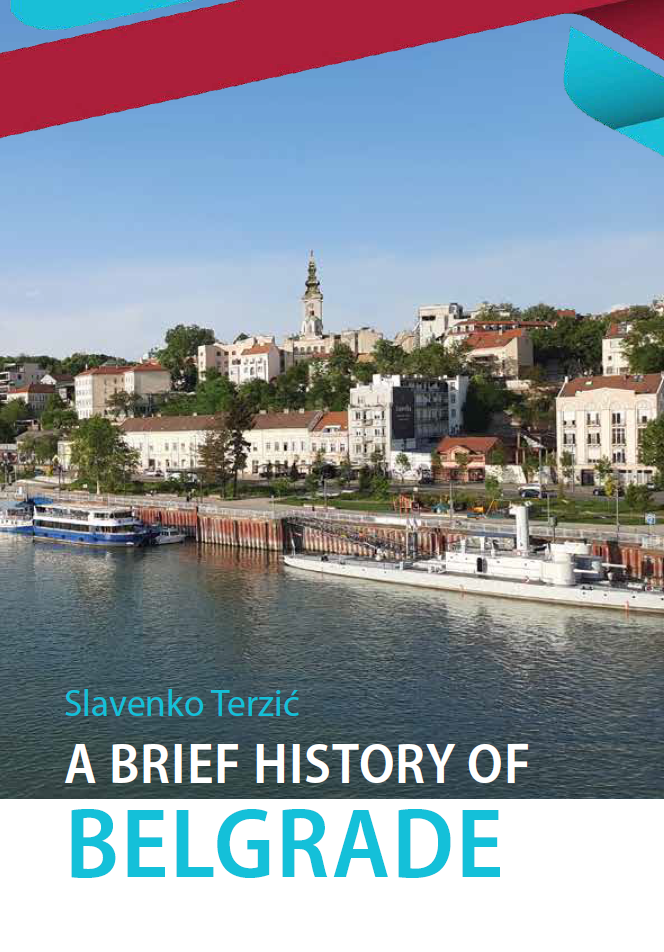Rigas Feraios: A Revolutionary Visionary and Belgrade's Forgotten Hero
In the heart of Belgrade's historic Kalemegdan Fortress, amidst the ancient stones and echoing tales of resistance, lies a connection to one of the most fascinating figures in Balkan history: Rigas Feraios. While his name might not be as widely recognized as other revolutionaries, his impact on Belgrade and Serbian history is undeniable.
The Poet-Patriot
Rigas Feraios, born in 1757 in in the village of Velestino, Thessaly, under Ottoman rule, was not just a poet or a revolutionary – he was a visionary. His writings, imbued with fiery rhetoric and unyielding passion for freedom, resonated deeply with the Serbian people. In the late 18th century, Belgrade was a hotbed of revolutionary fervor, and Feraios's ideas found fertile ground among Serbian nationalists yearning for independence from Ottoman rule.
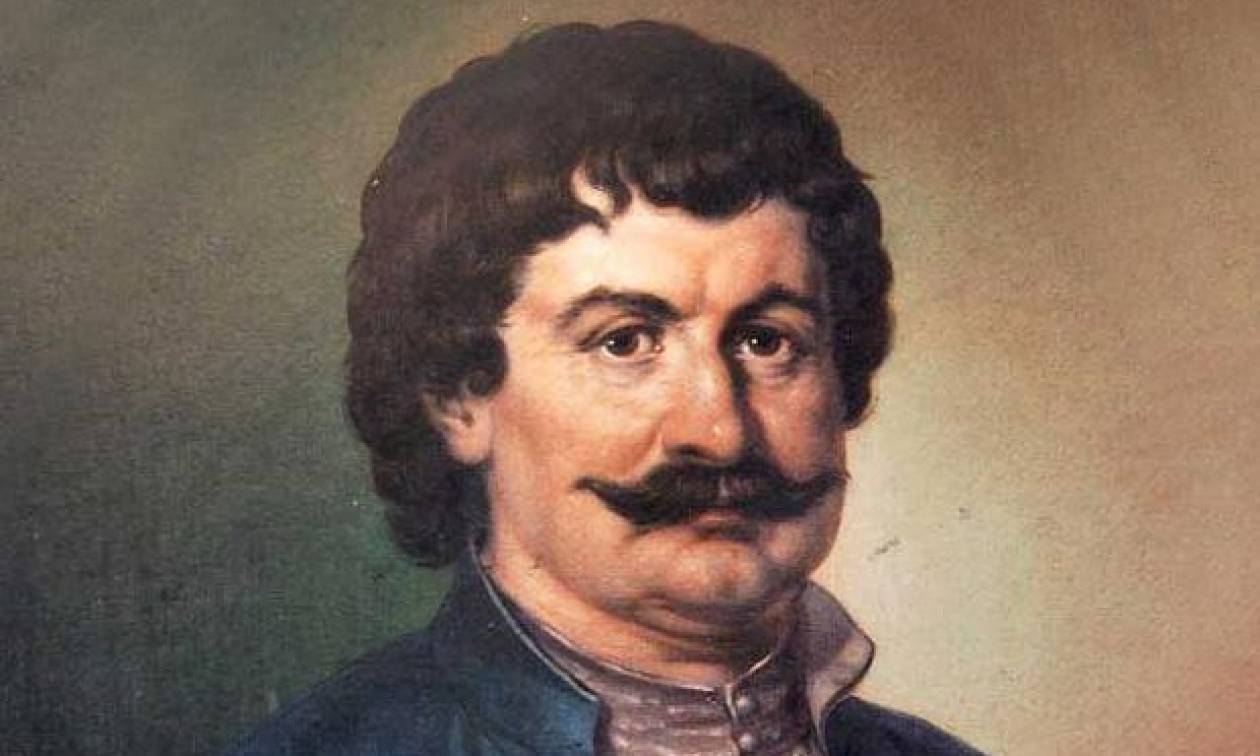
From Thessaly to Belgrade
Arriving in Belgrade amidst a time of political upheaval, Feraios quickly became immersed in the city's intellectual and revolutionary circles. His presence within the walls of Kalemegdan Fortress, overlooking the confluence of the Danube and Sava rivers, symbolized the struggle for freedom against Ottoman domination. Feraios's impassioned speeches and revolutionary writings inspired many Serbian nationalists, fueling their aspirations for independence.
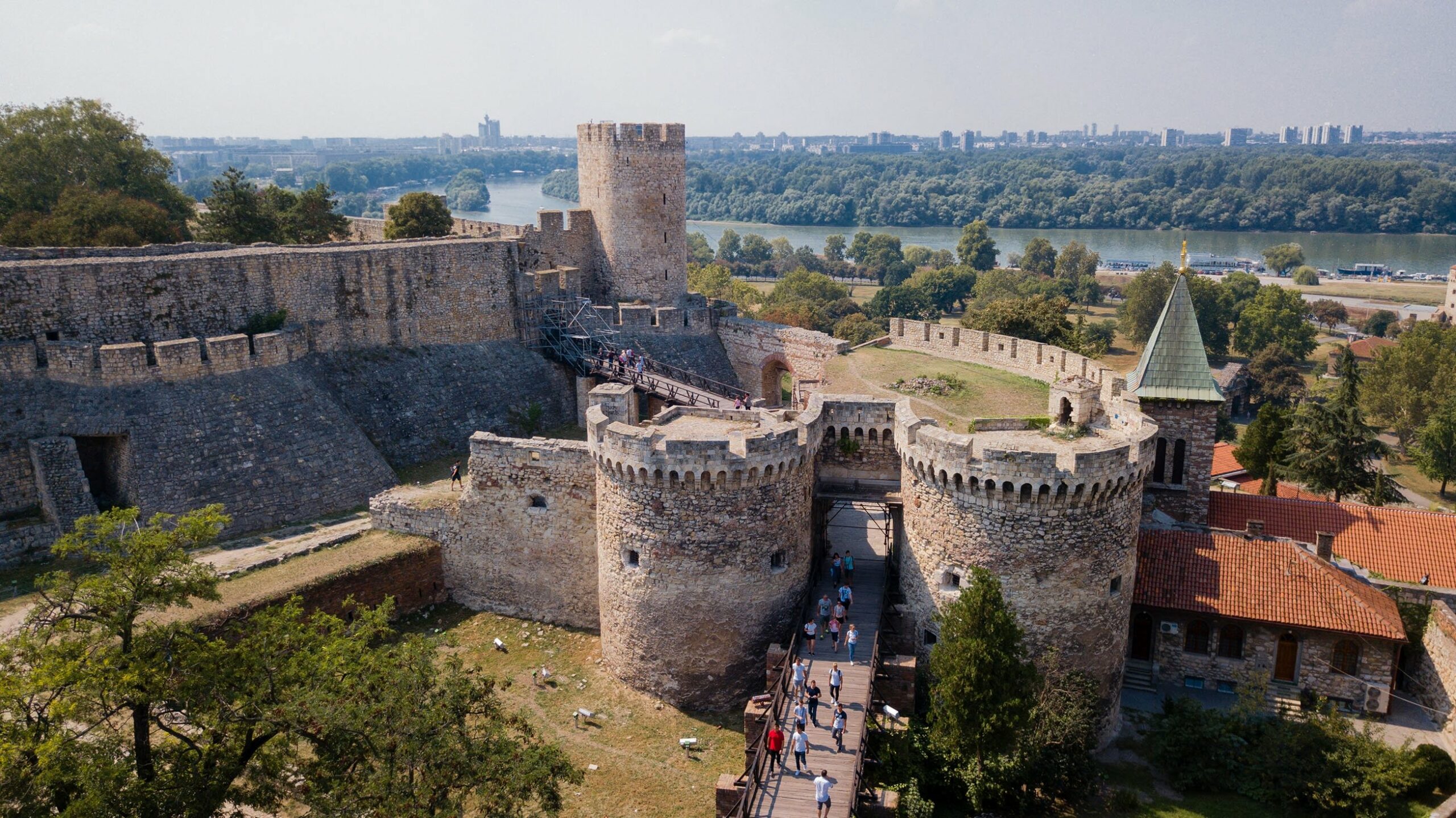
A Beacon of Balkan Unity and Liberation
One aspect of Rigas Feraios's life was his role as a visionary advocate for Balkan unity and liberation from Ottoman rule. Feraios, through his revolutionary writings and actions, called for a pan-Balkan uprising against Ottoman oppression, envisioning a future where all Balkan peoples could live free from tyranny. His impassioned pleas for solidarity and independence resonate not only with Greeks but also with Serbians who have their own history of resistance against Ottoman domination. Feraios's tragic fate at the hands of Ottoman authorities in Belgrade serves as a poignant reminder of the shared struggles endured by both the Greek and Serbian people in their quest for sovereignty and self-determination.
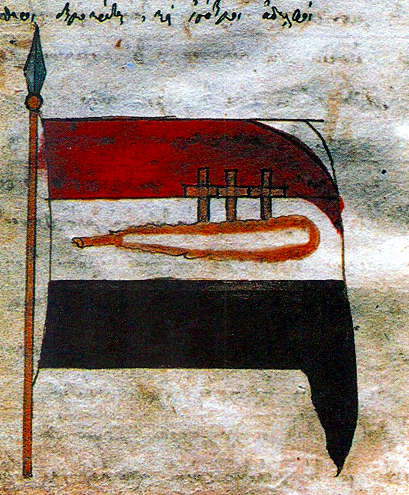
Linguistic Bridges
Another fascinating aspect of Rigas Feraios's significance in Balkan history is his promotion of cultural and linguistic unity among Balkan peoples. Feraios advocated for the use of a common language, based on the Katharevousa, which would facilitate communication and solidarity among various ethnic groups in the region. This emphasis on linguistic cohesion resonates with the broader movements towards cultural and national awakening that were occurring across the Balkans during the late 18th century. Feraios's efforts to bridge cultural divides and foster a sense of shared identity among Balkan peoples highlight his far-reaching vision for a united and liberated Balkan peninsula, transcending ethnic and religious differences.
Feraios's Writings and Literary Contributions
Feraios's literary works, including his poems and revolutionary literature, played a significant role in shaping the consciousness of the Serbian people. His writings inspired countless individuals to join the fight for independence, leaving an indelible mark on Belgrade's cultural and historical landscape. In 1797, he published his seminal work, the "Thourios" (Revolutionary Hymn), which called for a pan-Balkan uprising against Ottoman rule and the establishment of a unified Greek state.

The Tragic End: Feraios's Execution
Despite his efforts to rally support for Balkan independence, Feraios's revolutionary activities eventually led to his capture by Austrian authorities in 1798. Imprisoned in Belgrade's Nebojša Tower, Feraios faced interrogation and torture. Refusing to betray his ideals, he met his tragic end when he was executed by strangulation within the tower's walls. His martyrdom solidified his status as a hero in the eyes of Serbian nationalists.
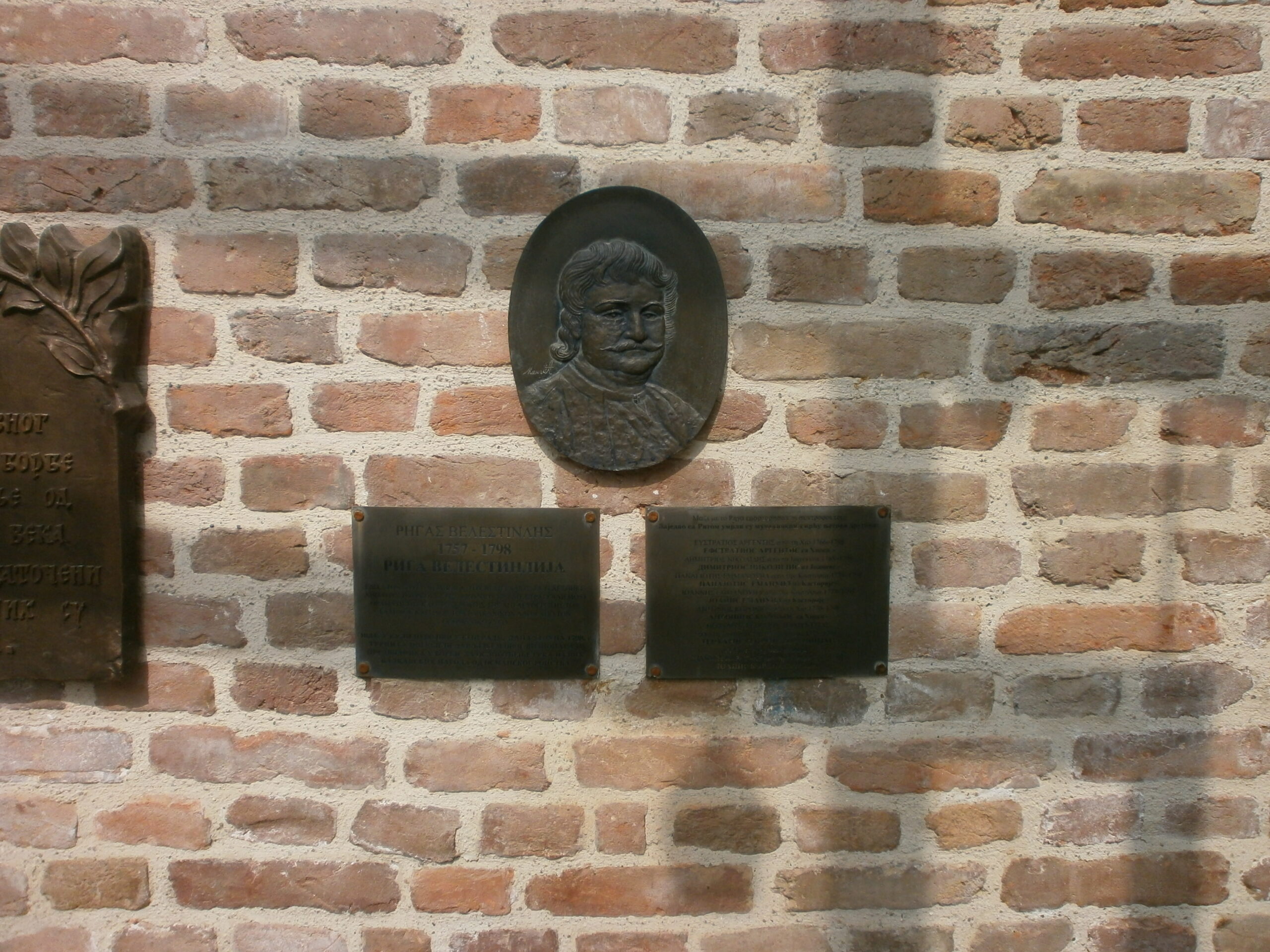
Legacy and Influence
Following his untimely death, monuments and memorials were erected in Belgrade to commemorate Feraios's legacy. The most notable of these is a monument built by the Greek government in 2008, situated in the Old Town area near the Chocolate Museum and the Park of Rigas Feraios. This collaborative effort between Greece and Serbia serves as a poignant reminder of Feraios's enduring influence and the shared aspirations for freedom among the Greek and Serbian people. Erected to commemorate the 250th anniversary of Feraios's birth, this monument stands as a testament to his lasting impact on Balkan history.
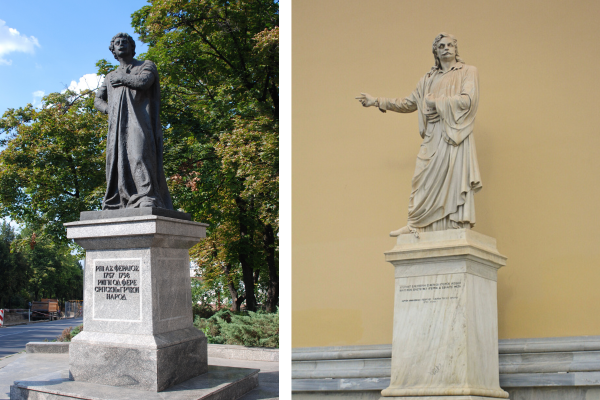
Though his life was brief, Rigas Feraios's legacy endures as a symbol of courage, resilience, and unwavering commitment to the cause of Greek independence. His poetry continues to stir the hearts of Greeks worldwide, reminding them of the sacrifices made by those who came before them in the pursuit of liberty. Feraios's vision of a free and united Greece eventually came to fruition nearly three decades after his death, with the Greek War of Independence outbreak in 1821.
Today, he is revered as a national hero and a founding father of modern Greece, his memory enshrined in monuments, schools, and cultural institutions throughout the country.




